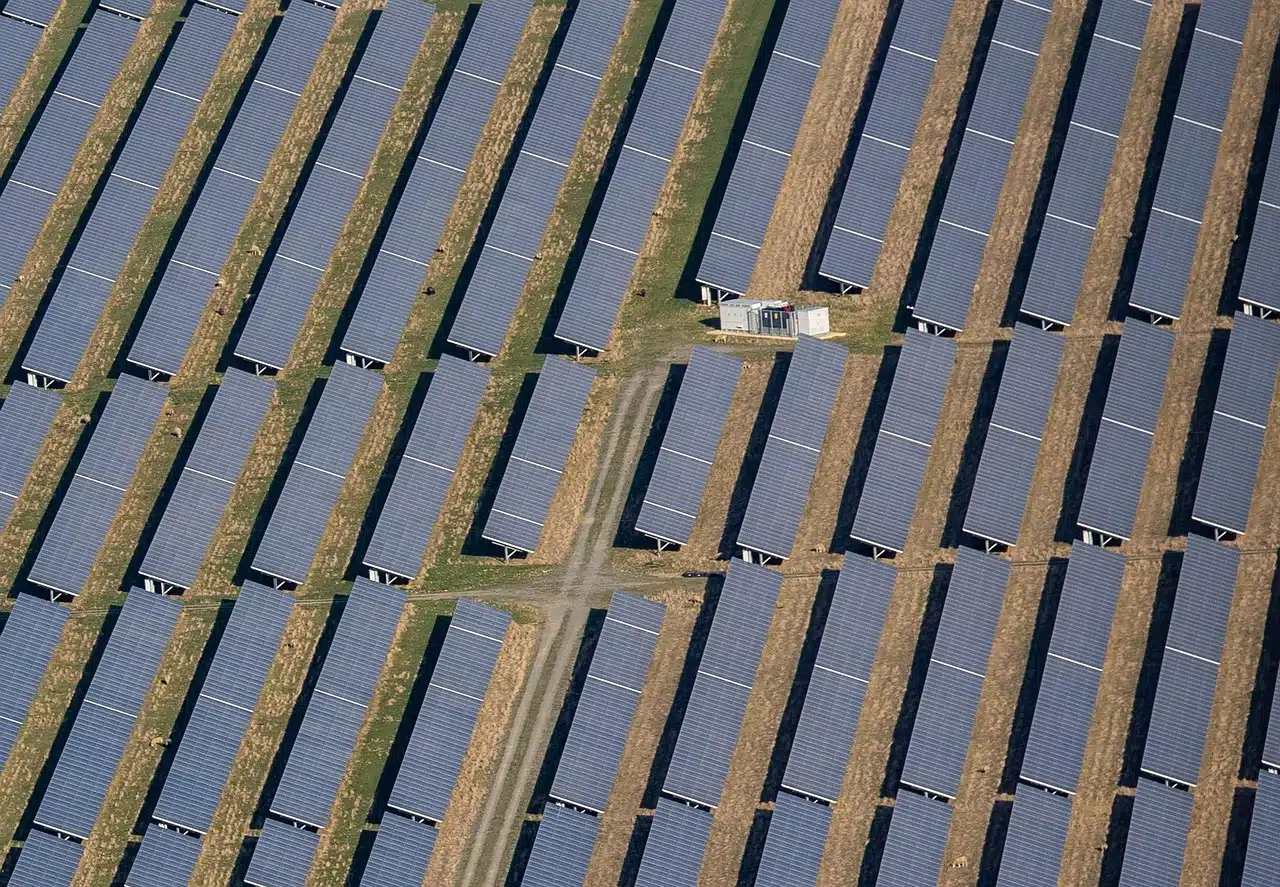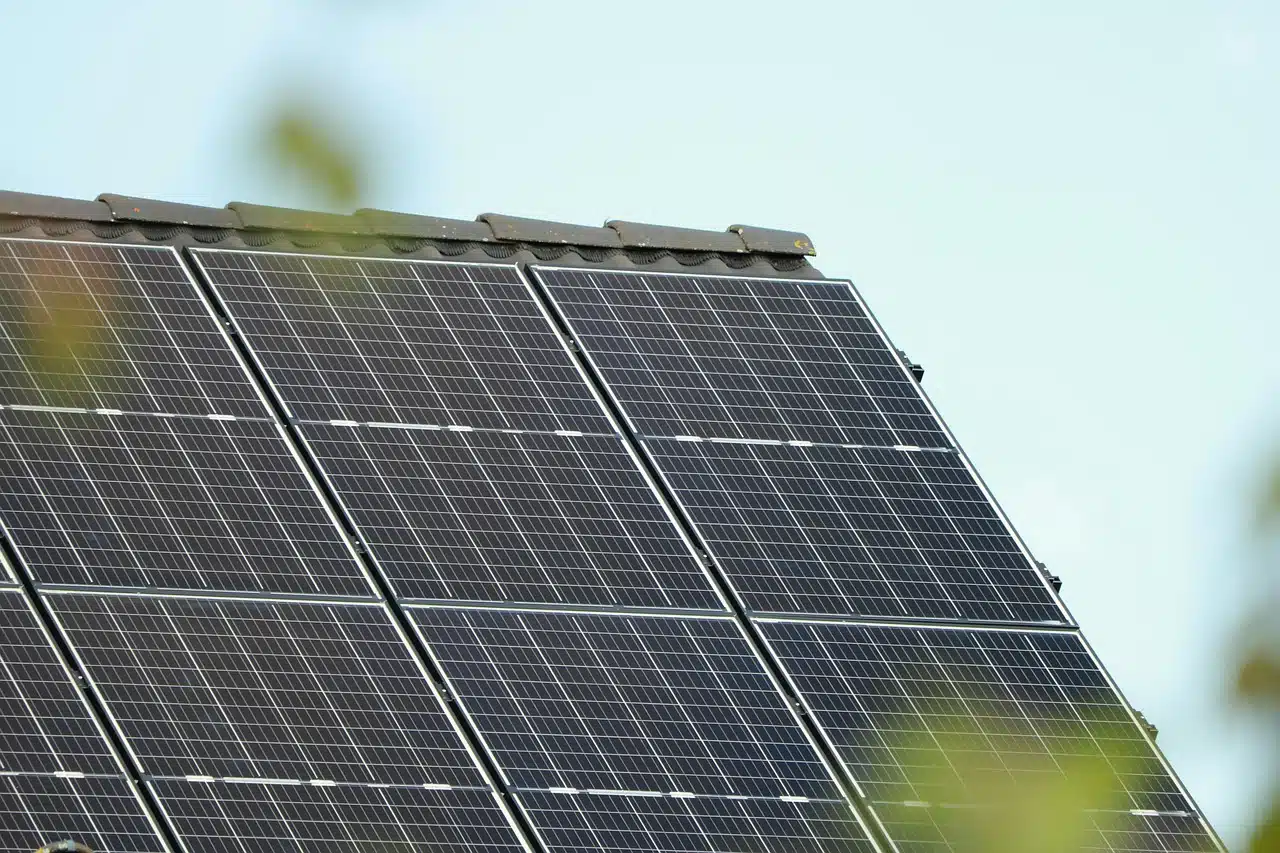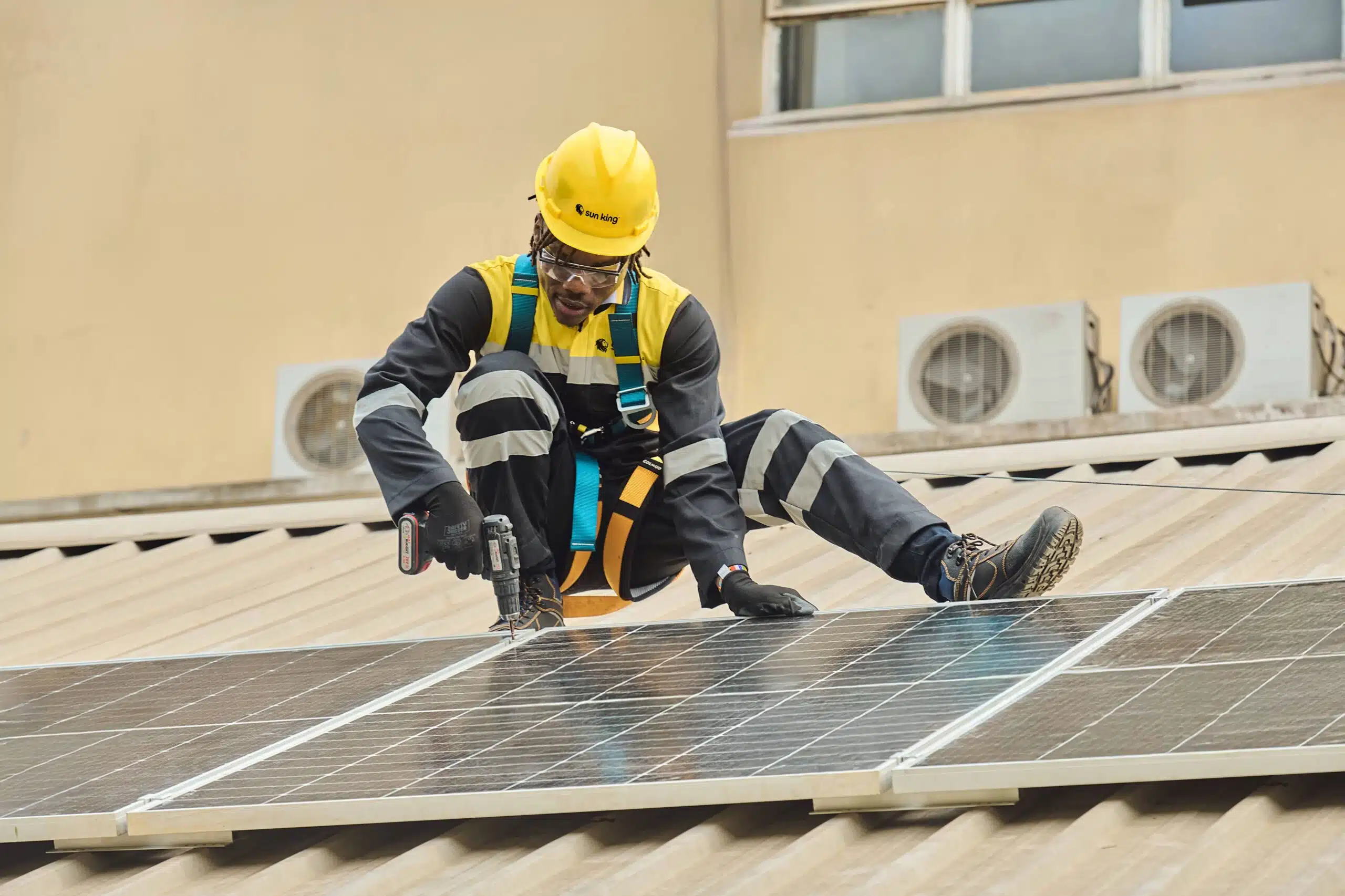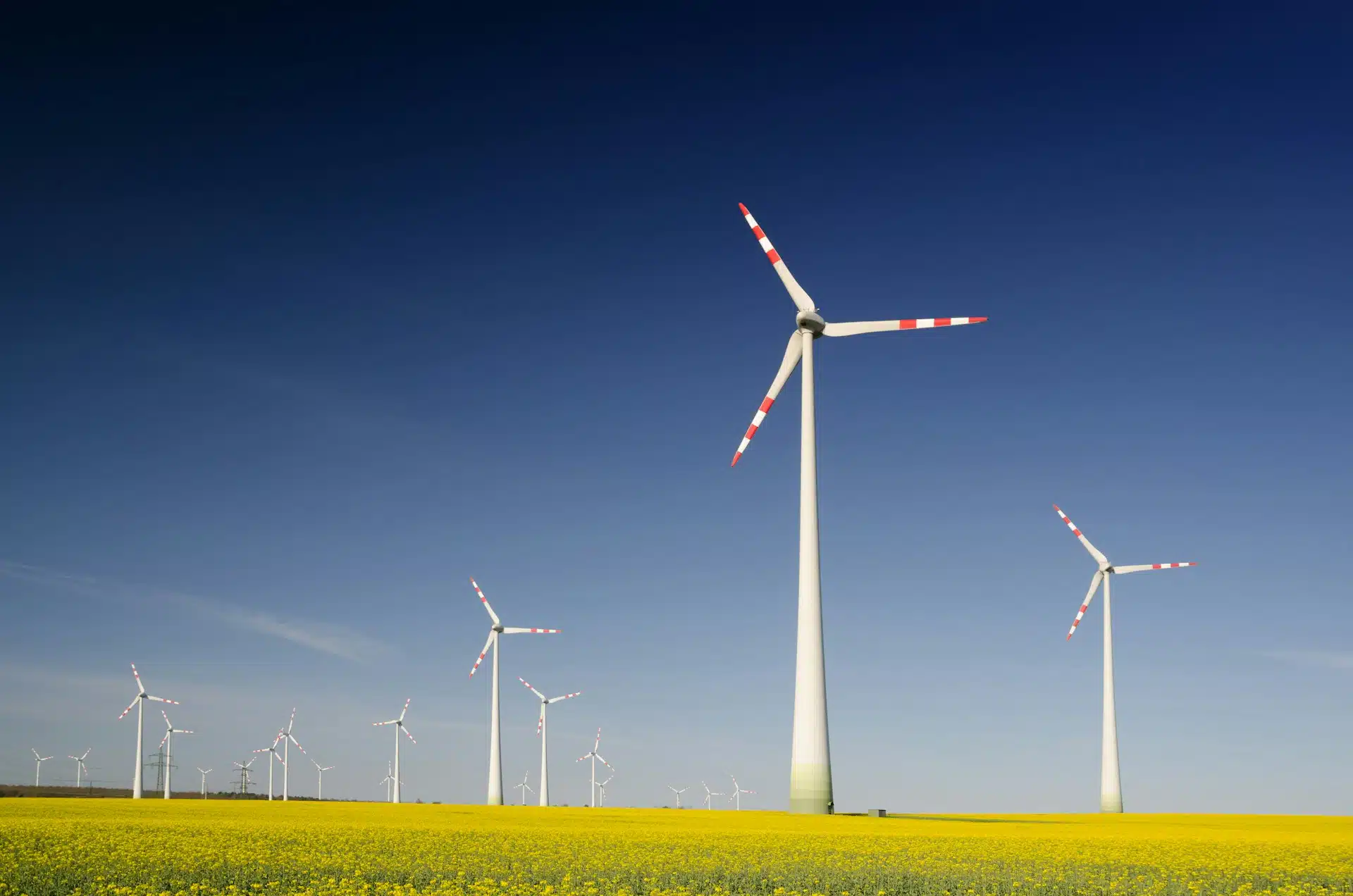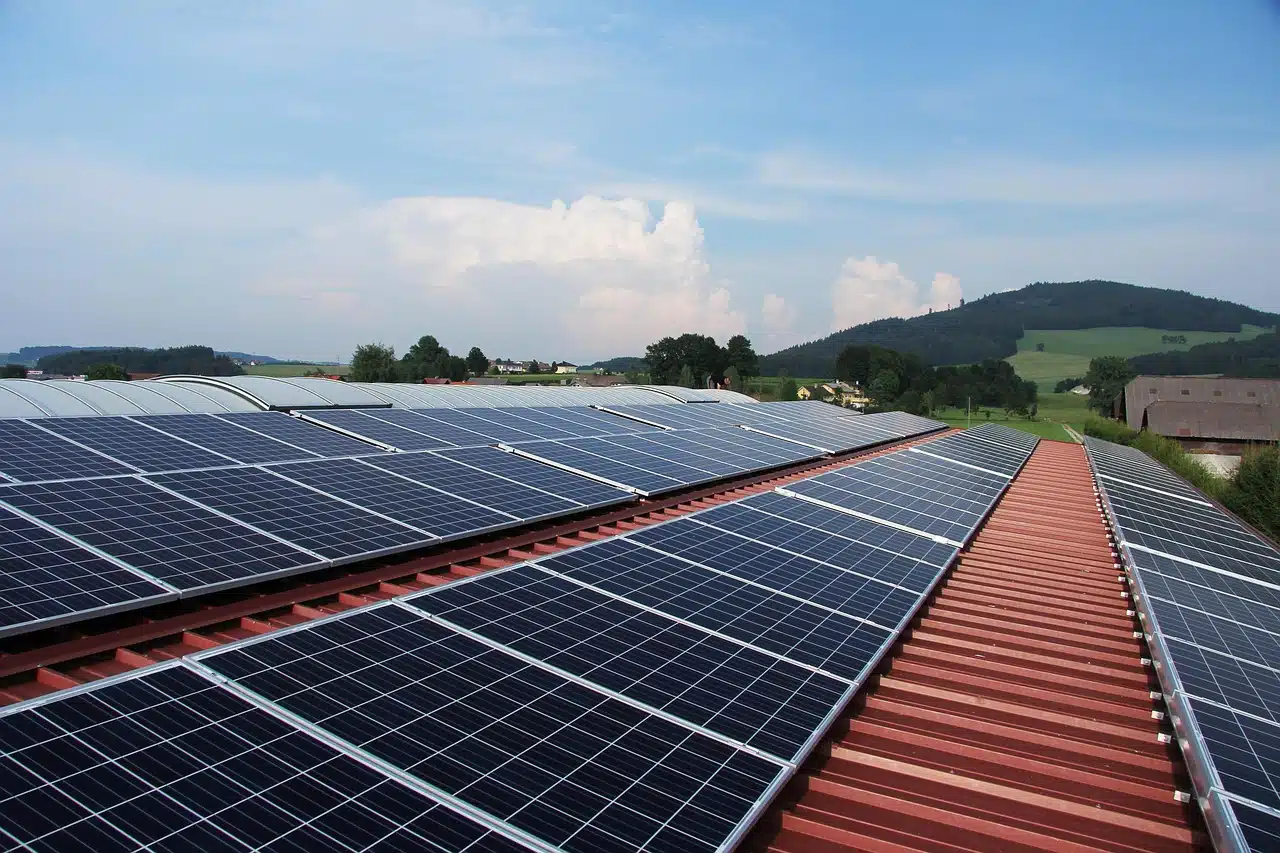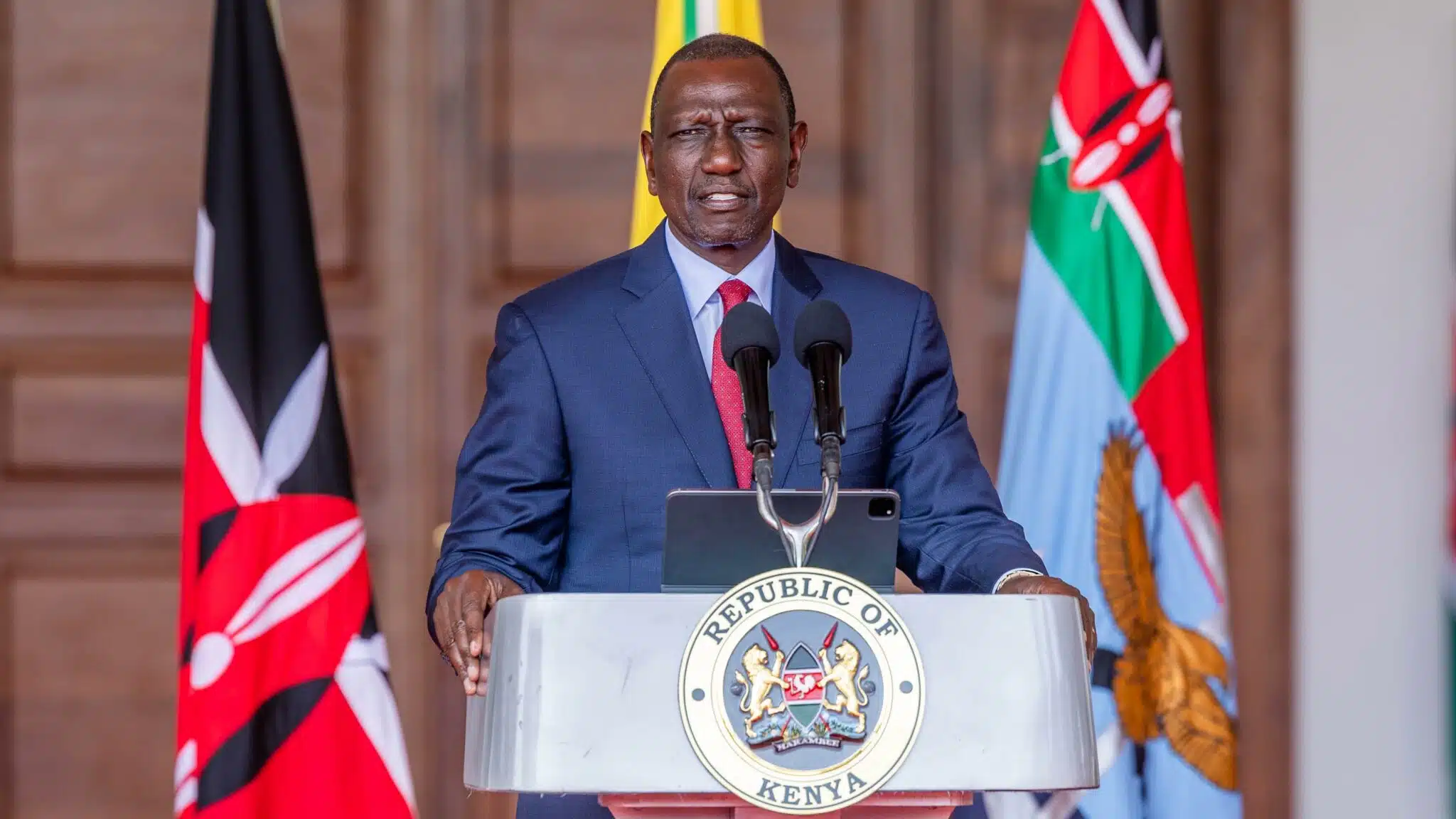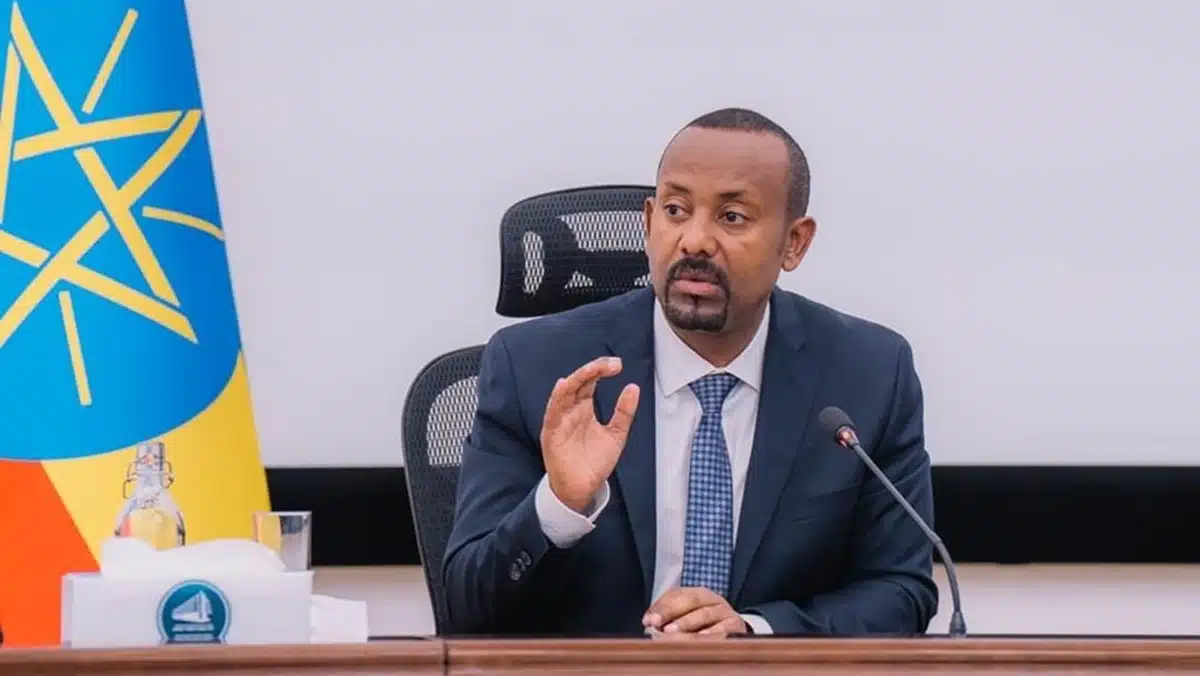Egypt’s Minister of Electricity and Renewable Energy, Mahmoud Esmat, has approved $388 million in private renewable energy projects to supply electricity directly to industrial consumers.
The initiative operates under a private-to-private (P2P) power agreement model, enabling private energy producers to generate and sell electricity to industrial clients, paying only a transmission fee to the Egyptian Electricity Transmission Company (EETC).
The four new private sector-backed renewables projects help achieve its 2030 green energy target.
Recently, Egypt signed nine financing and grant agreements worth €262.3 million to implement priority projects in Egypt’s renewable energy and other sectors.
Details of the approved projects
The approved projects, totaling 400 megawatts (MW) in capacity, involve four companies; Neptune for Electricity Production and Sales will supply solar power to the Suez Steel Plant.
AMEA Power will provide electricity from its solar facility to the Suez Canal Container Terminal and Bivar Group for Chemicals.
TAQA PV is set to supply Ezz Steel through a hybrid solar and wind power station.
Lastly, ENARA for Renewable Energy Services will generate electricity from a hybrid facility for both the Helwan Fertilizers plant and the Alamein Silicon Products Complex.
In April 2024, Egypt was in talks with an India-based renewable energy company, ReNew Energy, to develop a $8 billion green hydrogen project in the Suez Canal Economic Zone.
Why the P2P model?
Minister Esmat emphasized that the P2P framework supports a competitive electricity market, reducing costs and improving service quality.
He added that the ministry’s action plan is being implemented under the Electricity Law.
This law aims to liberalize the electricity market and foster a competitive environment among all parties involved in the electricity and energy sector, including producers, consumers, and distributors.
The Electricity Utility and Consumer Protection Regulatory Agency evaluated seven proposals, selecting four to build 100-MW plants each, according to the Daily News Egypt Report.
The evaluation process was conducted in collaboration with a global consulting firm and the European Bank for Reconstruction and Development (EBRD), which helped develop the regulatory guidelines and legal framework for the P2P agreements.
This liberalization strategy positions Egypt as a regional energy hub, supporting industrial growth while advancing climate goals.
Furthermore, it aims to activate the role of producers and consumers in the electricity market and create a sustainable investment climate that supports the transition towards a green economy, according to the Egypt Oil and Gas Report.
Impact of the project
These projects will also allow companies to certify their clean energy usage and reduce emissions, facilitating access to green export markets, according to Daily News Egypt.
Under this system, companies will build power plants and sell the generated electricity directly to industrial consumers. They will pay fees to the Egyptian Electricity Transmission Company in return for its transmission of this energy.
The government has no role in the process, as it will not bear any costs and will not provide any guarantees for the involved parties, according to reports.

